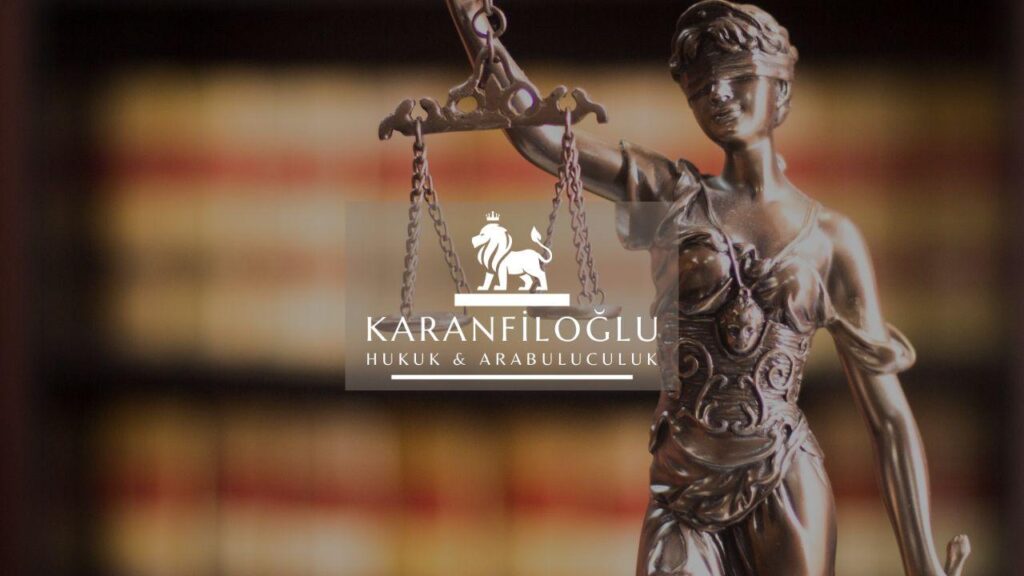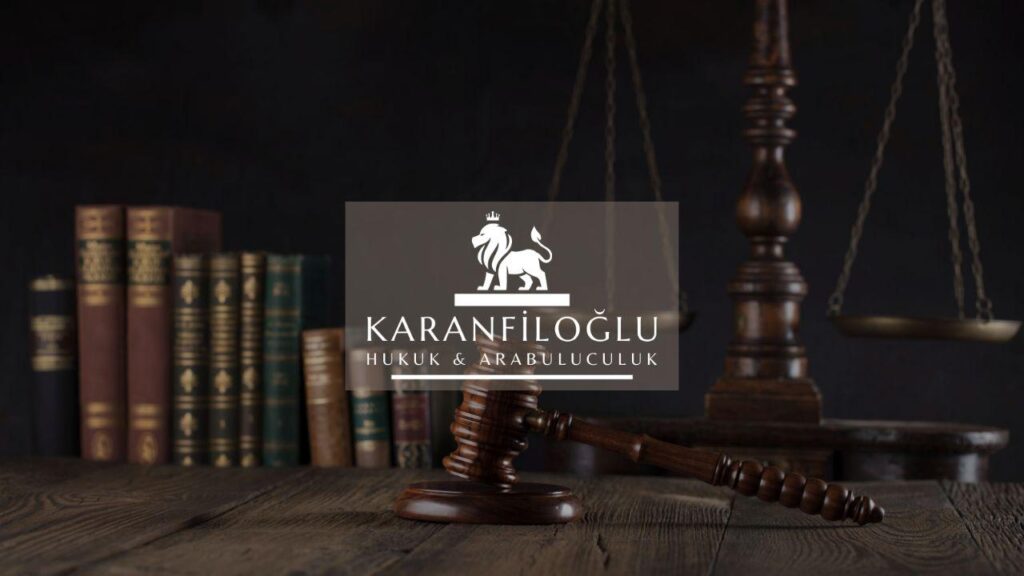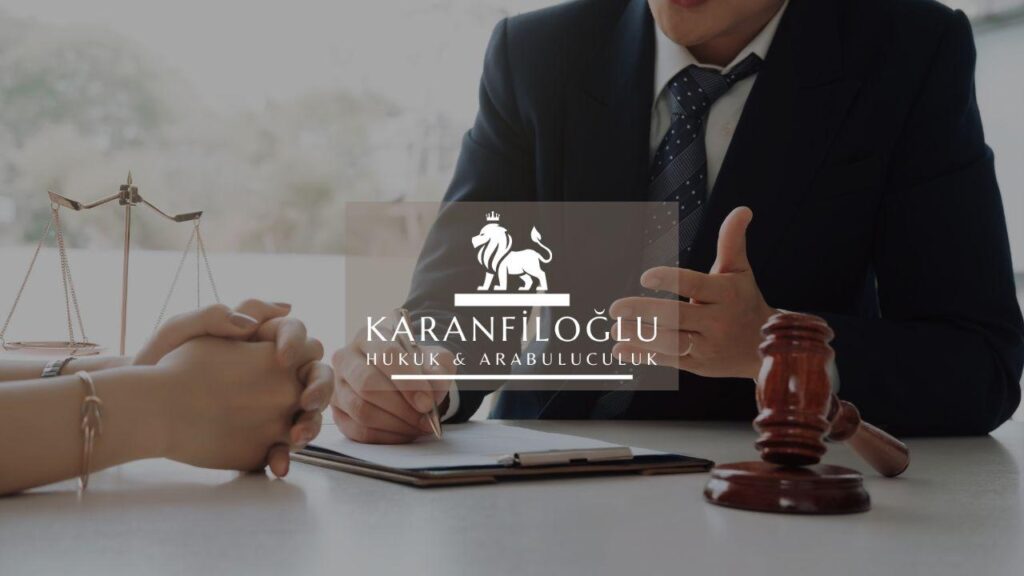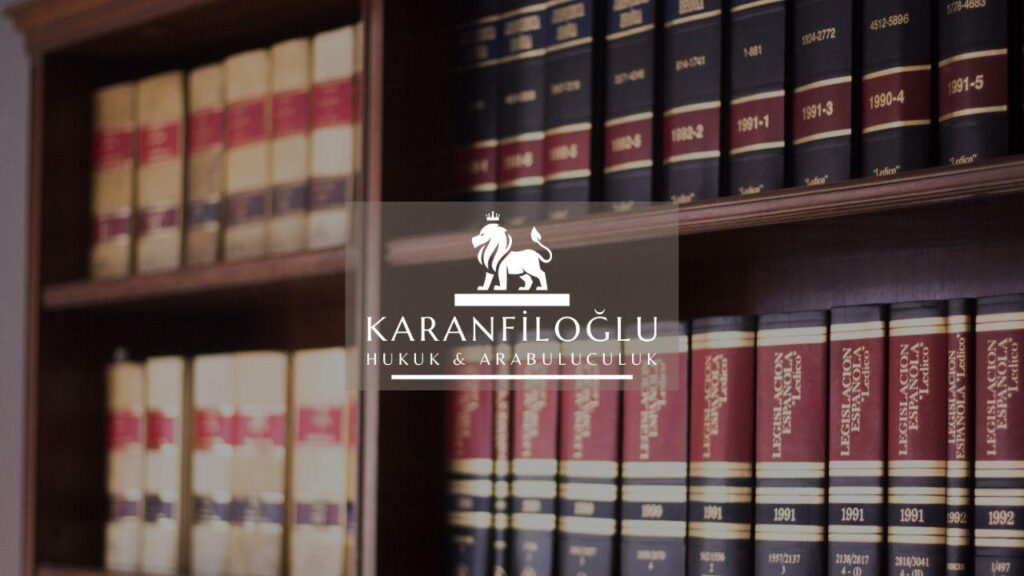At Karanfiloglu Law Office, we understand that construction disputes in Turkey can be highly intricate and demand a nuanced understanding of Turkish law. Governed predominantly by the Turkish Code of Obligations (Law No. 6098) and the Turkish Commercial Code (Law No. 6102), resolution of such disputes often involves navigating complex regulations and contractual obligations. Article 473 of the Turkish Code of Obligations outlines the responsibilities of parties involved in construction contracts, while Articles 732-744 of the Turkish Civil Code provide further guidance on immovable property issues. Whether it pertains to breach of contract, defects in construction, or payment disputes, our experienced team is well-equipped to provide expert legal advice and representation. Our services aim to ensure that our clients can resolve their construction disputes efficiently and in compliance with Turkish regulations, minimizing disruptions to their projects and safeguarding their interests.
Understanding Turkish Construction Law and Regulations
Understanding Turkish construction law and regulations begins with recognizing the primary legal frameworks that govern construction activities in Turkey. The Turkish Code of Obligations (Law No. 6098) establishes general provisions for contracts, including construction contracts, detailing the duties and liabilities of the parties involved. Article 473 specifically emphasizes the obligations of constructors to deliver work that is free of defects and meets the agreed-upon standards and specifications. Additionally, the Turkish Commercial Code (Law No. 6102) plays a crucial role, particularly in construction projects involving commercial entities, by regulating various aspects such as corporate responsibilities, financial transactions, and contractual relationships. Articles 732-744 of the Turkish Civil Code offer further detailed guidance, particularly on issues concerning immovable property, including land registration, property rights, and associated liabilities. Together, these laws form a comprehensive legal basis that ensures all construction activities are conducted fairly, transparently, and legally within Turkey.
Navigating construction disputes often involves understanding the provisions related to contractual breaches and remedies. Articles 112-126 of the Turkish Code of Obligations provide essential guidelines on how breaches of construction contracts are addressed, including the rights to seek damages or specific performance. It is crucial for parties to meticulously review their contracts to ensure compliance with statutory requirements, as non-conformance can result in significant legal repercussions. Moreover, the Turkish Construction Permit Regulation (İmar Kanunu) imposes additional obligations, particularly on obtaining the necessary permits and approvals before commencing construction activities. Violations of these requirements can lead to administrative fines or even the suspension of the project. Efficiently handling construction disputes also necessitates familiarity with the arbitration clauses, often included in construction contracts per Article 408 of the Turkish Code of Civil Procedure (Law No. 6100), which allows parties to resolve disputes outside conventional courtroom proceedings, thus expediting resolution and reducing costs.
In addition to legal statutes, addressing construction disputes in Turkey frequently involves understanding pivotal regulatory and administrative frameworks. The Public Procurement Law (Law No. 4734) governs public sector construction contracts, setting forth procedures for bidding, awarding contracts, and resolving disputes arising from government projects. Compliance with occupational health and safety regulations, as outlined in Law No. 6331, is also paramount, as failure to meet these standards can result in severe penalties and halt construction activities. Furthermore, zoning and environmental regulations, such as the Environmental Law (Law No. 2872), impose stringent requirements aimed at sustainable development, mandating adherence to environmental impact assessments and other protective measures. By ensuring thorough knowledge of these legal and regulatory contexts, parties can better anticipate challenges and adopt proactive measures to mitigate risks. At Karanfiloglu Law Office, we strive to guide our clients through these multifaceted regulations, ensuring their construction projects progress smoothly and legally.
Effective Legal Strategies for Resolving Construction Disputes in Turkey
One effective legal strategy for resolving construction disputes in Turkey involves alternative dispute resolution (ADR) methods such as mediation and arbitration. Mediation, as stipulated under Article 20 of the Turkish Mediation Law (Law No. 6325), allows parties to negotiate a settlement with the assistance of a neutral mediator, potentially saving time and cost compared to traditional litigation. Arbitration is another viable option, particularly for more substantial disputes, governed by the Turkish International Arbitration Law (Law No. 4686) and the New York Convention on the Recognition and Enforcement of Foreign Arbitral Awards. Utilizing ADR not only streamlines the resolution process but also provides a more flexible and confidential environment, letting parties maintain their business relationships post-dispute.
When ADR methods are insufficient or unsuitable, taking legal action in Turkish courts becomes necessary. The jurisdiction of courts in construction disputes is generally determined by the Turkish Code of Civil Procedure (Law No. 6100). Under Article 10, claims related to immovable property and construction must be filed in the court where the property is located. It’s also crucial to assess whether a specific contract includes a choice of court or jurisdiction clause, which could influence where the case is heard. During litigation, parties should be prepared to present detailed documentation, including contracts, correspondence, and expert reports, to substantiate their claims and defenses. The comprehensive presentation of evidence, along with expert witness testimonies, can significantly impact the outcome of the dispute, ensuring a fair judgment in line with Turkish legal standards.
At Karanfiloglu Law Office, our approach to construction disputes also emphasizes the importance of proactive legal strategies, including meticulous contract drafting and diligent project management to preempt potential conflicts. By incorporating clear provisions regarding project scope, timeline, payment terms, and dispute resolution mechanisms within the contract, parties can significantly mitigate risks. We advise our clients to conduct regular audits and maintain transparent communication with all stakeholders throughout the construction project. In cases where disputes are unavoidable, leveraging our expertise in both Turkish construction and commercial law ensures that our clients are well-prepared to navigate the complexities of litigation or ADR processes. Our comprehensive services aim to safeguard our clients’ interests, uphold their contractual rights, and promote a swift and equitable resolution of disputes, thus minimizing the impact on project timelines and finances.
Choosing the Right Lawyer for Your Construction Dispute Case in Turkey
When selecting a lawyer for your construction dispute in Turkey, it is crucial to consider their expertise in the relevant legal frameworks, particularly those outlined in the Turkish Code of Obligations (Law No. 6098) and the Turkish Commercial Code (Law No. 6102). A competent lawyer should have comprehensive knowledge of Article 473 of the Turkish Code of Obligations, which details the obligations and responsibilities of the parties, as well as familiarity with Articles 732-744 of the Turkish Civil Code, which address issues related to immovable property. The right legal expert will not only have a deep understanding of these statutes but will also possess a proven track record in handling similar cases, ensuring they can adeptly navigate the complexities of construction law to safeguard your interests effectively.
One essential criterion for choosing the right lawyer is their experience in alternative dispute resolution methods, such as mediation and arbitration, as these avenues can often provide more expedient and cost-effective solutions compared to traditional litigation. Articles 22 and 23 of the Turkish International Arbitration Law (Law No. 4686) and related provisions in the Turkish Civil Procedure Code (Law No. 6100) emphasize these methods as viable options for settling construction disputes. A proficient lawyer should not only be adept at leveraging these alternative mechanisms but also be capable of advising on when it might be strategically beneficial to opt for arbitration or mediation over court proceedings. By selecting a lawyer well-versed in various dispute resolution techniques, clients can maximize their chances of a favorable outcome while potentially avoiding prolonged and expensive litigation.
At Karanfiloglu Law Office, our team prides itself on a holistic approach to construction dispute resolution. We recognize the importance of not only possessing extensive legal knowledge but also understanding the technical and commercial aspects of construction projects. By combining legal proficiency with industry-specific expertise, we are well-positioned to advise our clients on the best course of action, whether it involves negotiation, mediation, arbitration, or litigation. Our commitment to client-focused service means that we tailor our strategies to meet the unique needs of each case, ensuring that our clients receive personalized and effective legal support. Trust in our experienced lawyers to guide you through the intricacies of Turkish construction law and achieve a resolution that protects your interests and supports the successful completion of your projects.
Disclaimer: This article is for general informational purposes only and you are strongly advised to consult a legal professional to evaluate your personal situation. No liability is accepted that may arise from the use of the information in this article.







